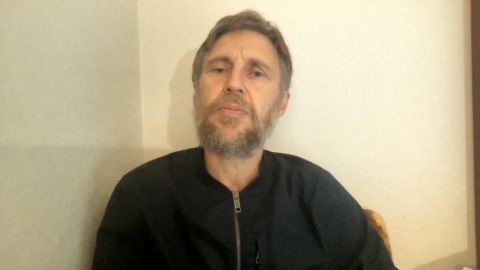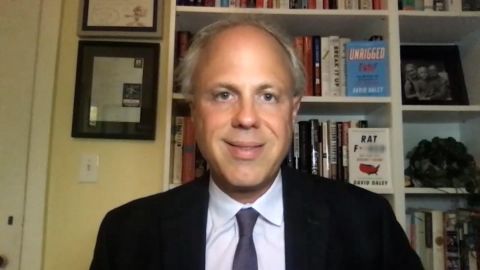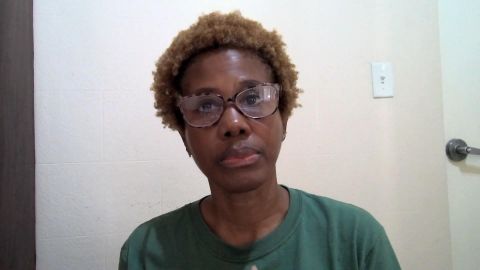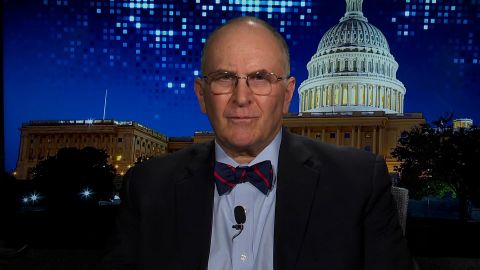Read Transcript EXPAND
MICHAEL SEMPLE, FORMER EUROPEAN UNION DEPUTY SPECIAL REPRESENTATIVE FOR AFGHANISTAN: The people running the Taliban today are, with only a few changes, the same people who were running the Taliban 20 years ago. If we want to get a — if we want to get a clue as to what Taliban rule will look like, the best thing we can do is look back to the period 1996 to 2001, when they were in charge, because the survivors of that generation of leaders are the ones still running the movement who have moved into Kabul over the past week, and are already starting to exercise power, although they have avoided declaring a government. Now, what has changed along the way is not that somehow the Taliban have become moderate. It’s just become — it’s a slightly more complex organization. When they took over Kabul in 1996, the movement was barely 2 years old. It had a prehistory of a few years in the Soviet jihad, but, basically, it was a group of young men. Now it’s a multigenerational movement. So we have the veterans of the 1994- ’96 conflict and of their emirate of that era, but they are joined by some of their sons. So, the original — the original leader, Mullah Omar, his son, Mullah Yaqoob, was expected in Kabul today. He was one of the deputies of the movement and a key figure in their new administration. There are other sons as well. But there’s also the third generation of Taliban, who are the 18-year-olds, the 19-year-olds, the 20-year-olds who weren’t alive at the time of the Islamic emirate of the ’90s, but they’re the ones with the guns in their hands, with the vehicles in their control, the ones who are handing out the kind of beating that we heard described on the street there. And they’re the people who feel that they actually run the country now. They’re the ones that the Afghan population will come face to face with. But if you want to know what a Taliban government looks like, look back to what the emirate of the — of 1996 to 2001 was like.
BIANNA GOLODRYGA: That sounds so ominous. And it makes me wonder whether President Biden is just engaged in wishful thinking when he suggests, as he did yesterday in the interview with ABC News, that the Taliban will not be realigning itself with al Qaeda and with terrorists. You think otherwise?
SEMPLE: I think that wishful thinking characterizes the U.S. policy of the past three years. This spans both the Trump administration and the Biden administration. The run-up to this disastrous takeover of the past week was a failed peace process, which was initiated under President Trump and continued under President Biden, that the — it was based on the notion that the Taliban were ready to do a deal, that they were — that they had accepted the logic that you shouldn’t try to force your will upon the Afghan people, that any settlement of the Afghan conflict must involve a political settlement with all ethnicities, all major groups, all very nice, very nice ideas.
About This Episode EXPAND
Eliot Cohen; Michael Semple; Margarett Lubin; David Daley
LEARN MORE



